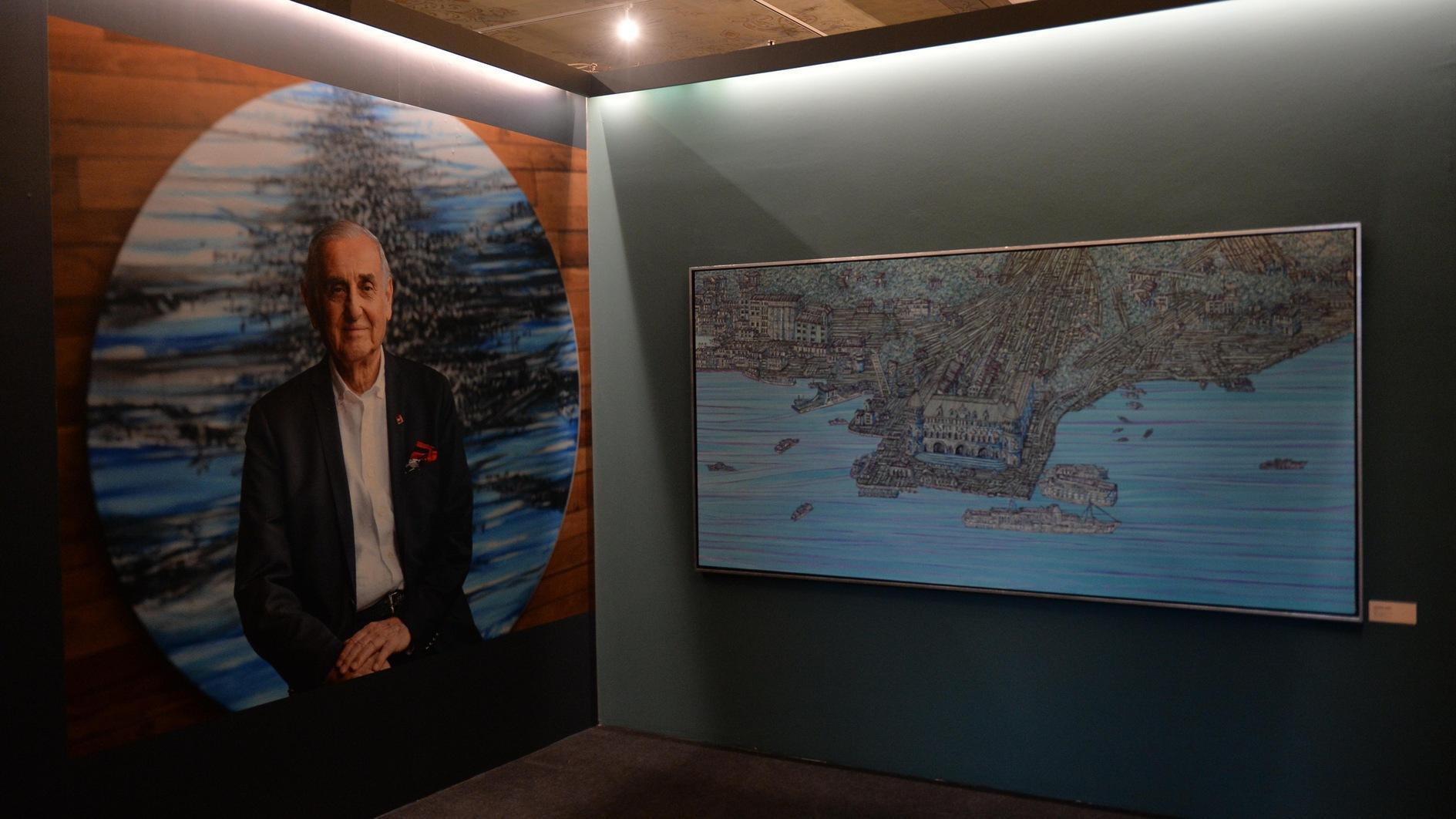Please Poland, do not take it personally!
“Sir, thank you very much for your services. But we believe it is time for you to leave this post and take a little rest.”
“But what will I do from now on?”
“There is too much competition for critical jobs. But let’s think...How about an ambassadorial position?”
“Me an ambassador?”
“Why not? It’s not that difficult to be a ‘mon cher.’ You have to go from one cocktail party to another, and thanks to the ruling Justice and Development Party, drinking whiskey, which has been so long been associated with being a ‘mon cher’ is no longer a prerequisite.”
This, of course, is an imaginary conversation. But this type of conversation will soon become reality. Are you surprised? I am too, because I thought Prime Minister Recep Tayyip Erdoğan and Foreign Minister Ahmet Davutoğlu believed in the importance of diplomacy and diplomats. “My diplomats should be able to take their rights from the mouths of lions,” Erdoğan said two years ago, while Davutoğlu said Turkish diplomats would be like firefighters and city planners; they would foresee upcoming crises in the four corners of the world and act to address them even before they occurred.
It is hard to believe that it is these new criteria that have led the government to appoint a record number of persons who are not career diplomats as ambassadors. Yet with the latest round of ambassadorial appointments, including three names of non-career diplomats, the number of political appointments reaches nine.
The latest decree also shows us that non-career diplomats will increasingly be appointed to more critical posts, unlike in the past when they were sent to capitals less crucial to Turkish foreign policy. In the latest decree the former head of the Higher Education Board (YÖK), Yusuf Ziya Özcan, has been appointed as ambassador to Poland, a country with which Turkey enjoys nearly 600 years of diplomatic relations.
“I looked at the internet. It is the country of Chopin. A country rich with cultural life, literature and music,” was Özcan’s initial reaction. Özcan supposedly turned down the opportunity to go to Kuwait due to the objections of his wife.
My type of firefighter, city planner and diplomat, who would seek his rights from the lion’s mouth, would have said: “This is one of the rare countries in Europe with which we share exceptionally good historic relations. The Ottomans never accepted the 18th-century division of Poland by Russia, Prussia and Austria.
The protocol list of the Ottoman Porte continued to include the Polish ambassador despite the fact that the country ceased to formally exist until 1918. During World War II, Turkey refused to hand over the Polish Embassy building in Ankara to the Germans when the latter asked to use it following their occupation of Poland. Michal Sokolnicki, who was appointed as the Polish ambassador to Turkey in 1936 stayed in Turkey until his death, and was buried in Ankara. Modern-day Poland is one of the rare countries whose political parties from right to left support Turkey’s entry into the European Union.”
We are at a time when we need Turkey’s very few friends in the EU to raise their voices much stronger in favor of Turkey’s bid for accession. One can only hope that Poland does not take offense at this appointment!











